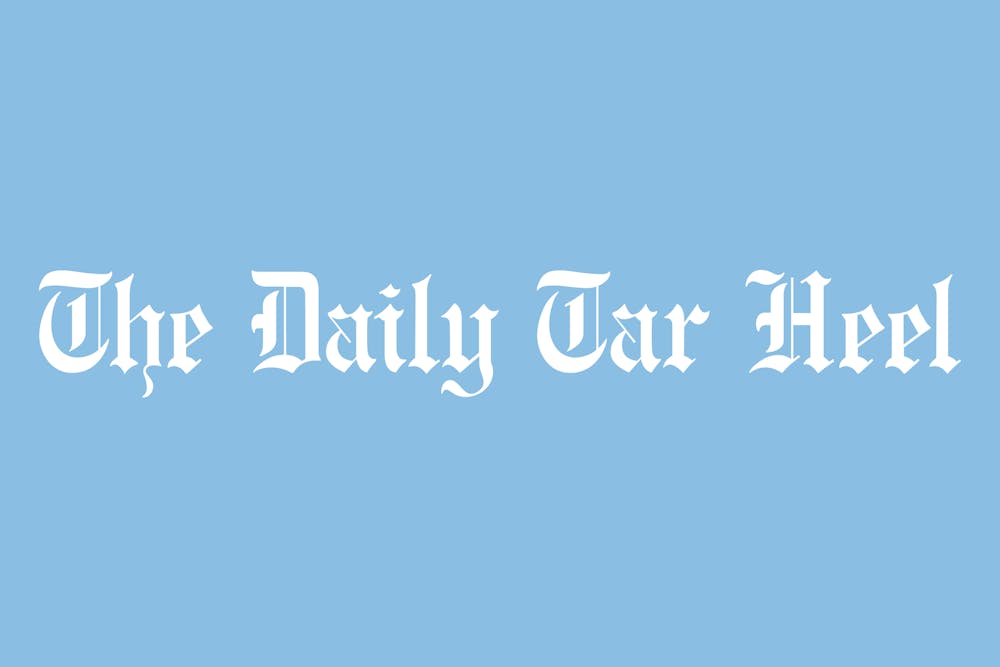Editor’s Note: This op-ed is part of a series of contributions related to the Israel-Gaza war. Letters and op-eds are sent in by community members and do not represent the beliefs of The Daily Tar Heel. The other op-eds related to this conflict can be found here.
Submit your own op-ed or letter to the editor to opinion@dailytarheel.com. More information about submissions can be found here.
The campus community has been reeling since Oct. 7, as we all struggle to process the unfathomable suffering that is being experienced in the Middle East.
There is certainly room for divergent perspectives on these issues, and it is important to resist the suggestion that any criticism of the Israeli government is necessarily antisemitic, just as we ought to resist the analogous suggestion that any criticism of the Palestinian government is necessarily Islamophobic.
However, when we disagree with others — both on campus and in the broader society — it matters a great deal how we do that.
The line between animated public discourse and hate speech can sometimes be difficult to identify, especially when participants in that discourse understandably feel anger, fear and an urgent need to support their local and global communities.
And yet, that line is a vitally important one, both morally and legally. Morally speaking, hate speech demeans and devalues individuals on the basis of their identities, and is inconsistent with the basic respect to which every member of a campus community is entitled. Legally speaking, hate speech can create a hostile environment on campus for members of the targeted group, which triggers remedial requirements for the University under Title VI.
On Oct. 10, the UNC Students for Justice in Palestine released a graphic on their Instagram advertising a protest on campus. That image included a paraglider in the background, which unmistakably references and glorifies the Hamas paragliders who had murdered and kidnapped hundreds of Jewish people just three days prior.




